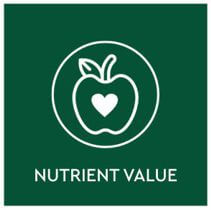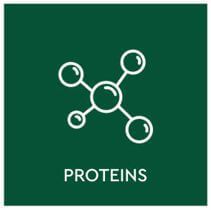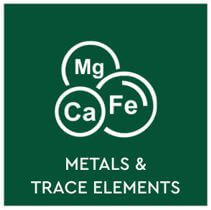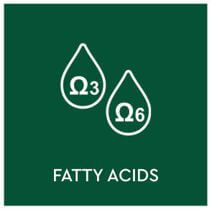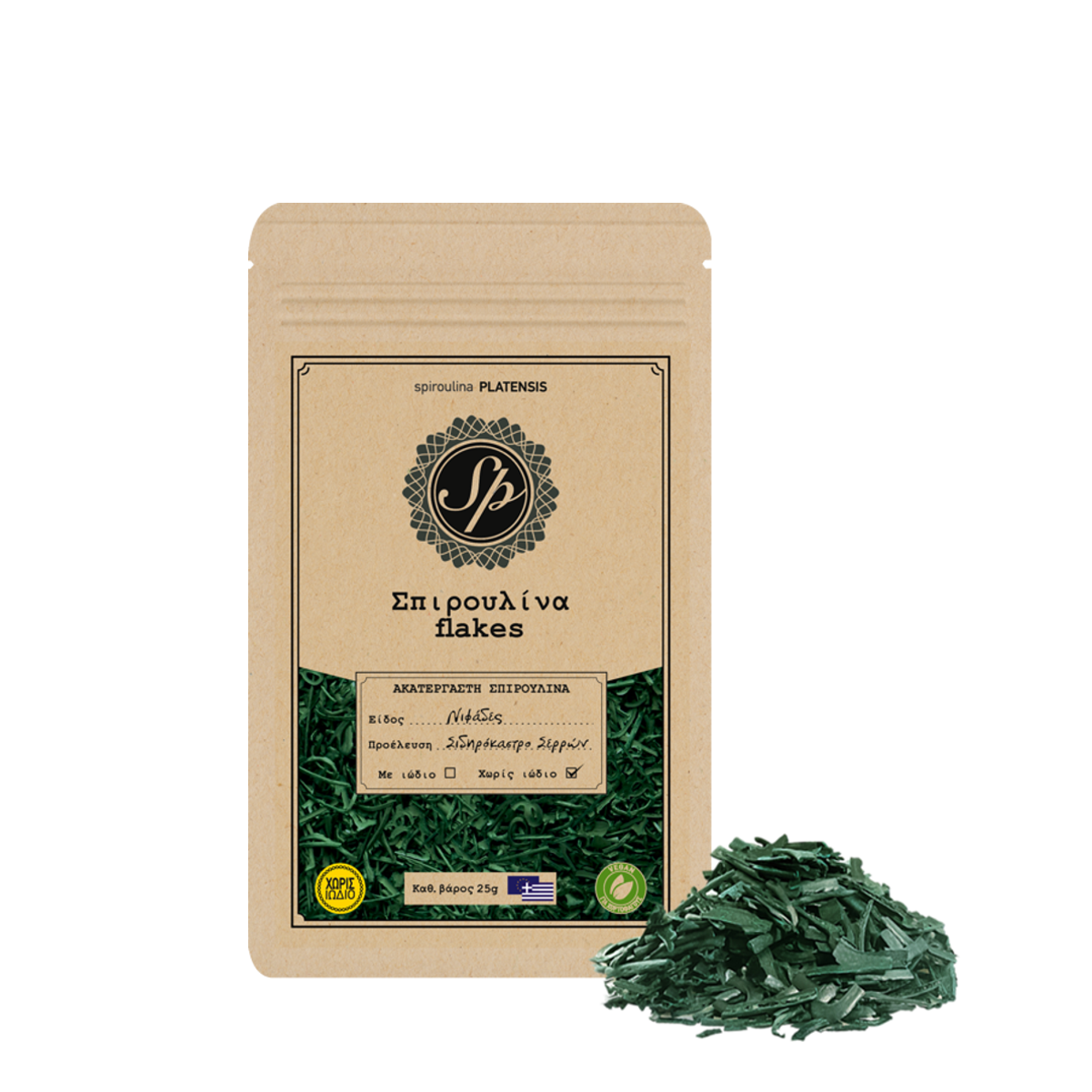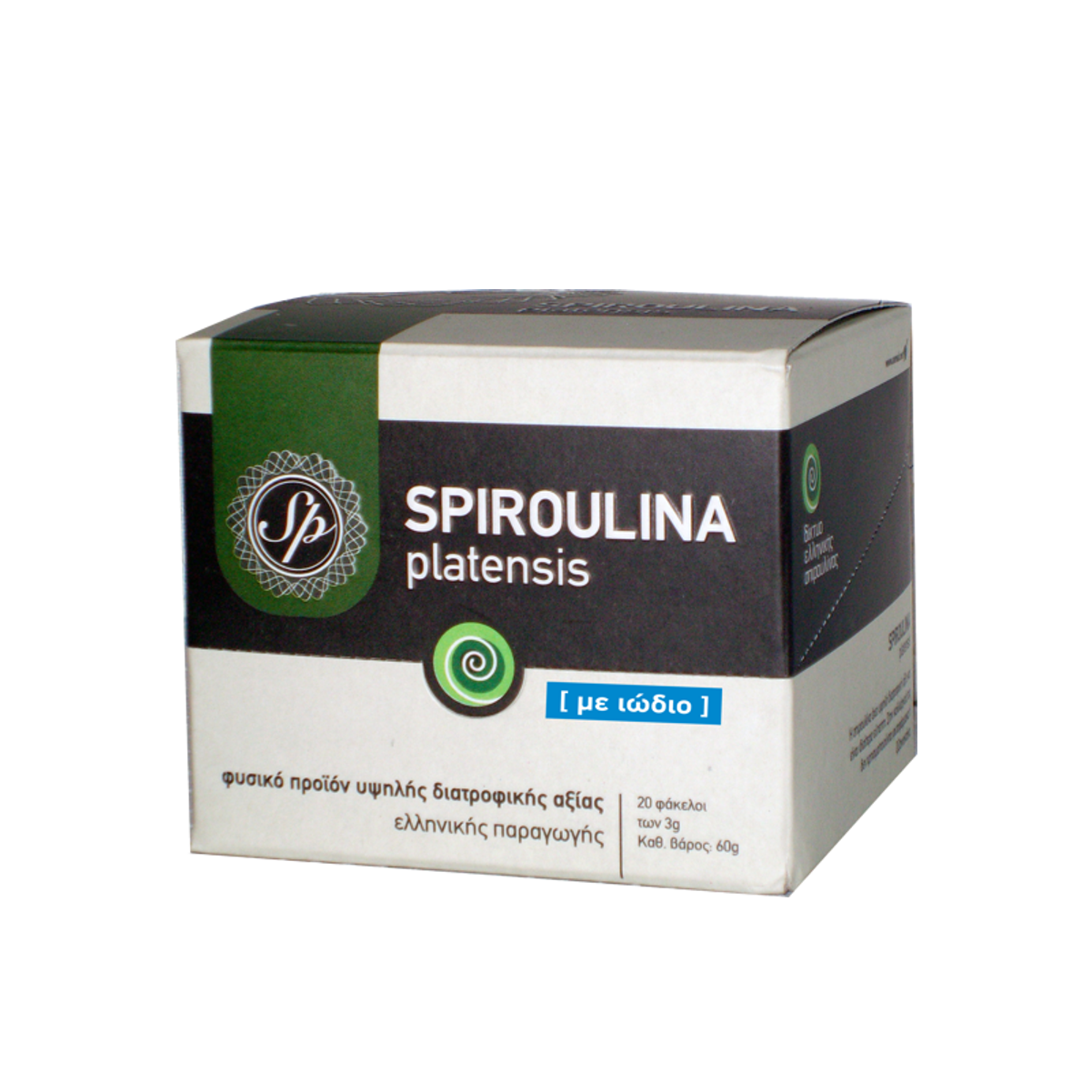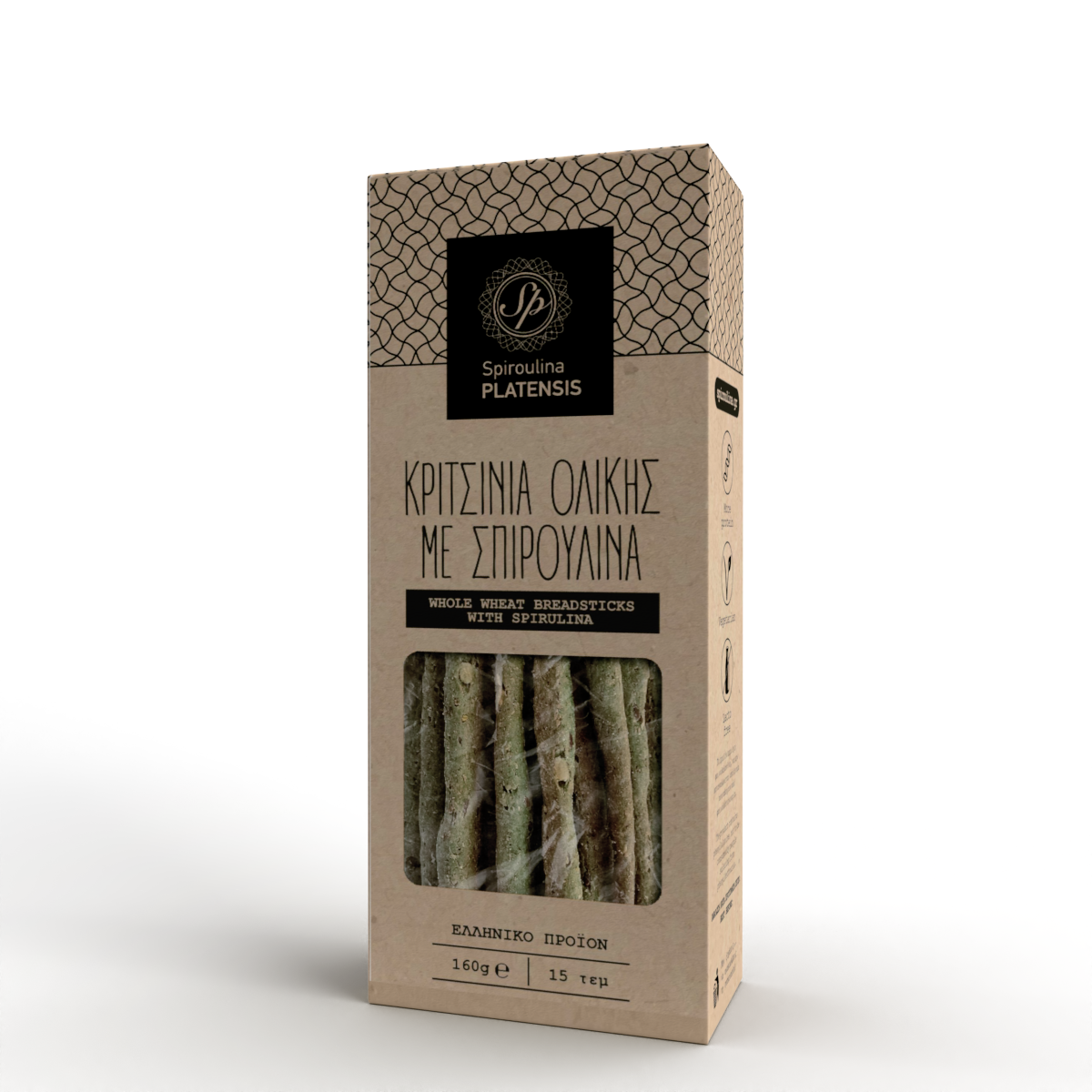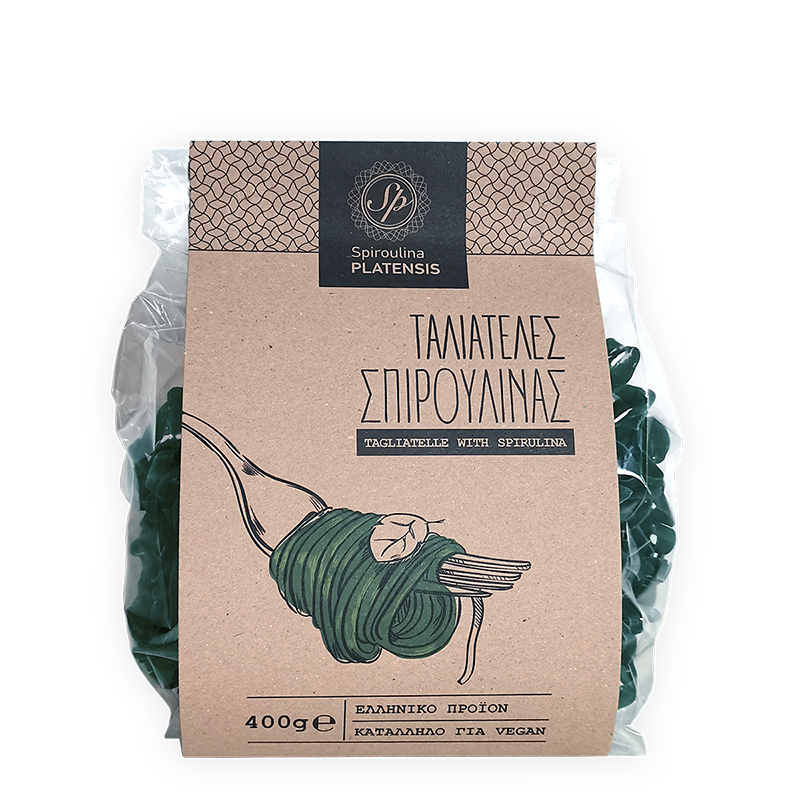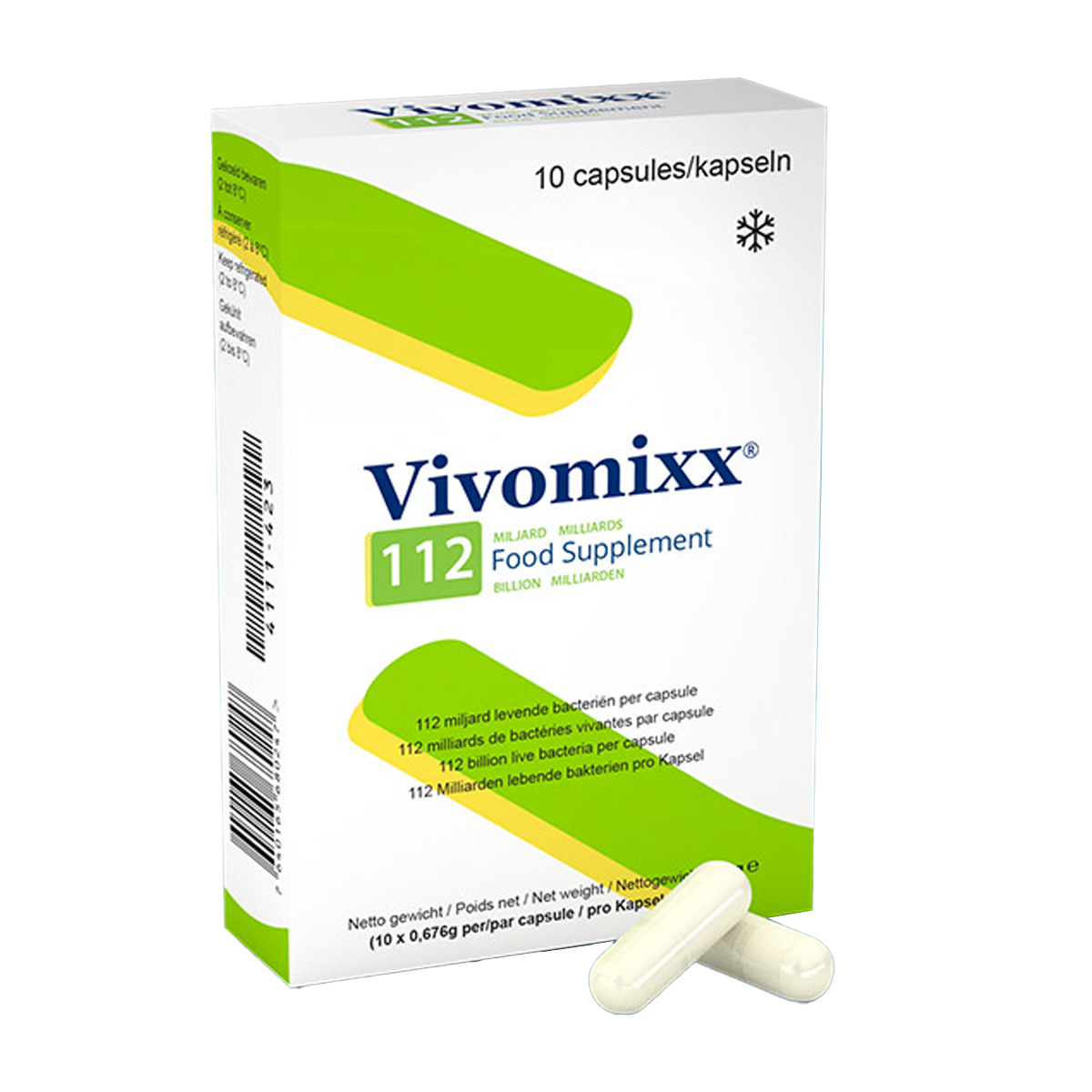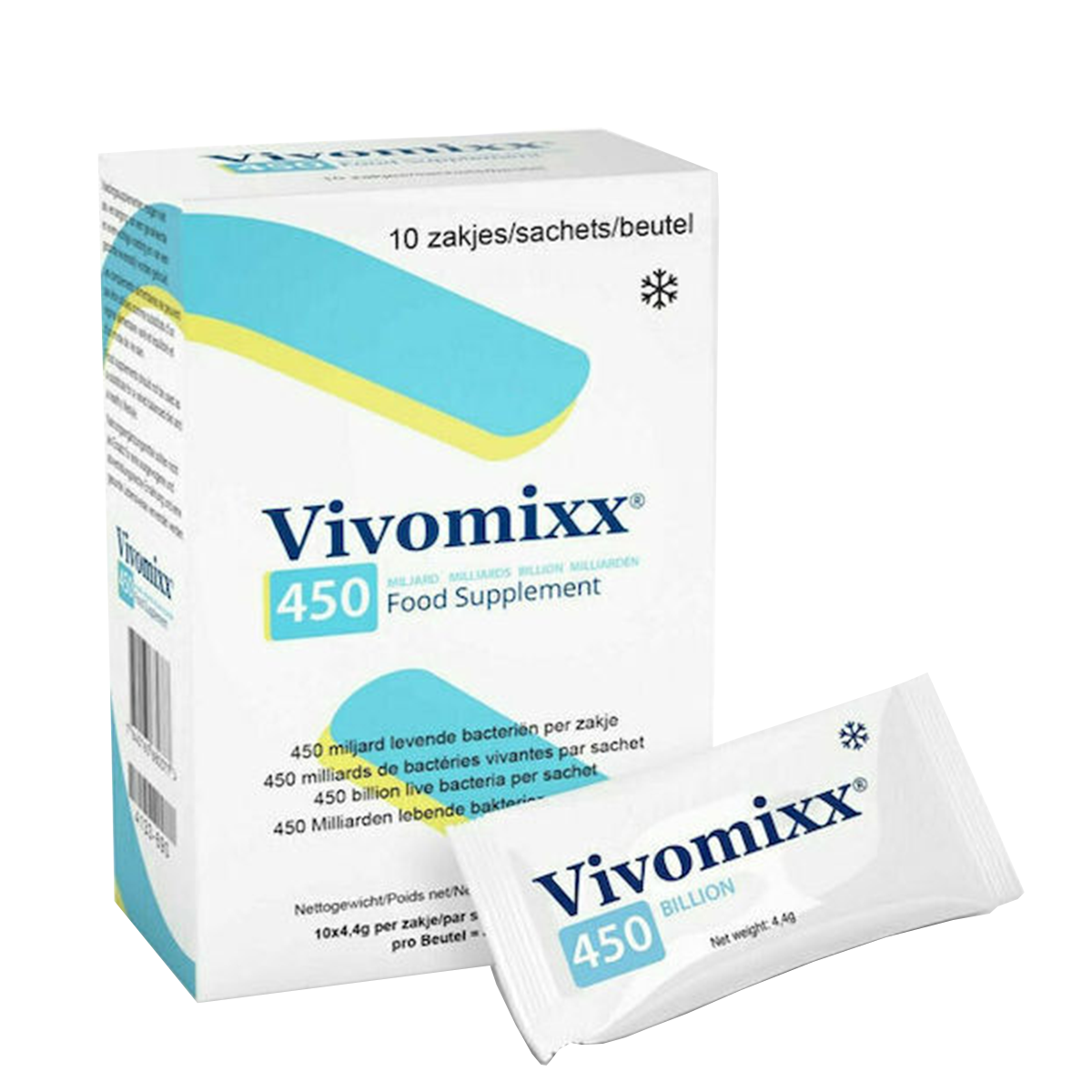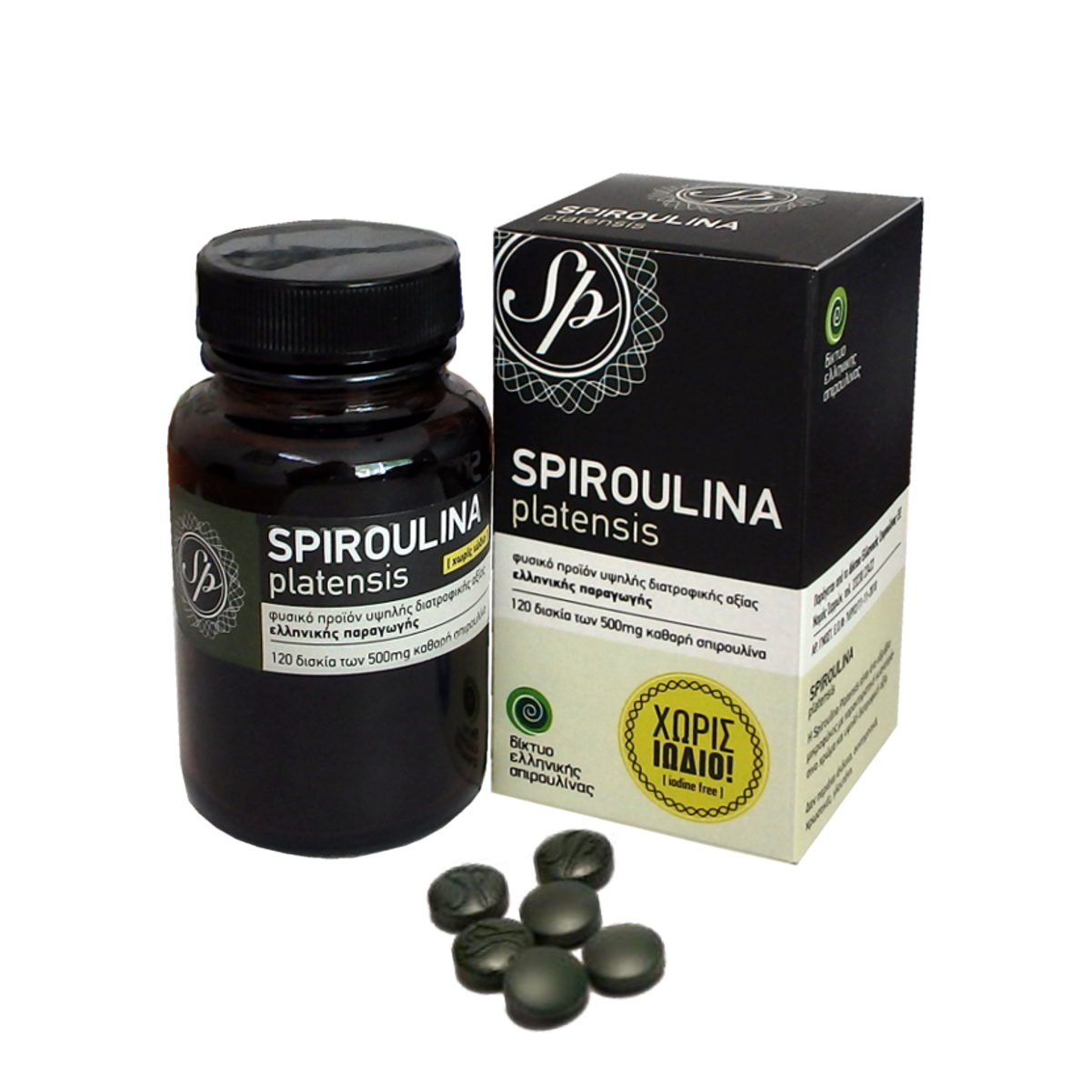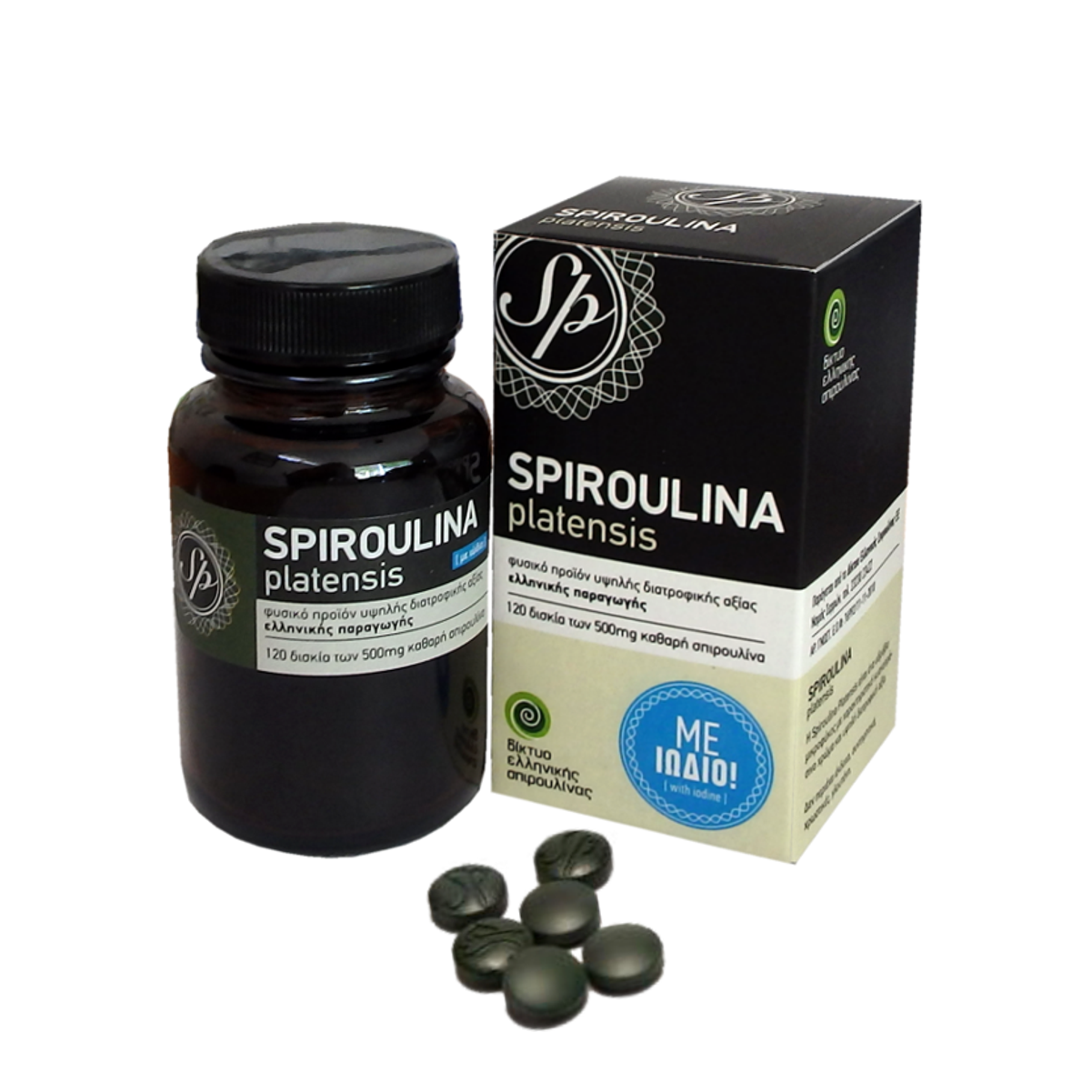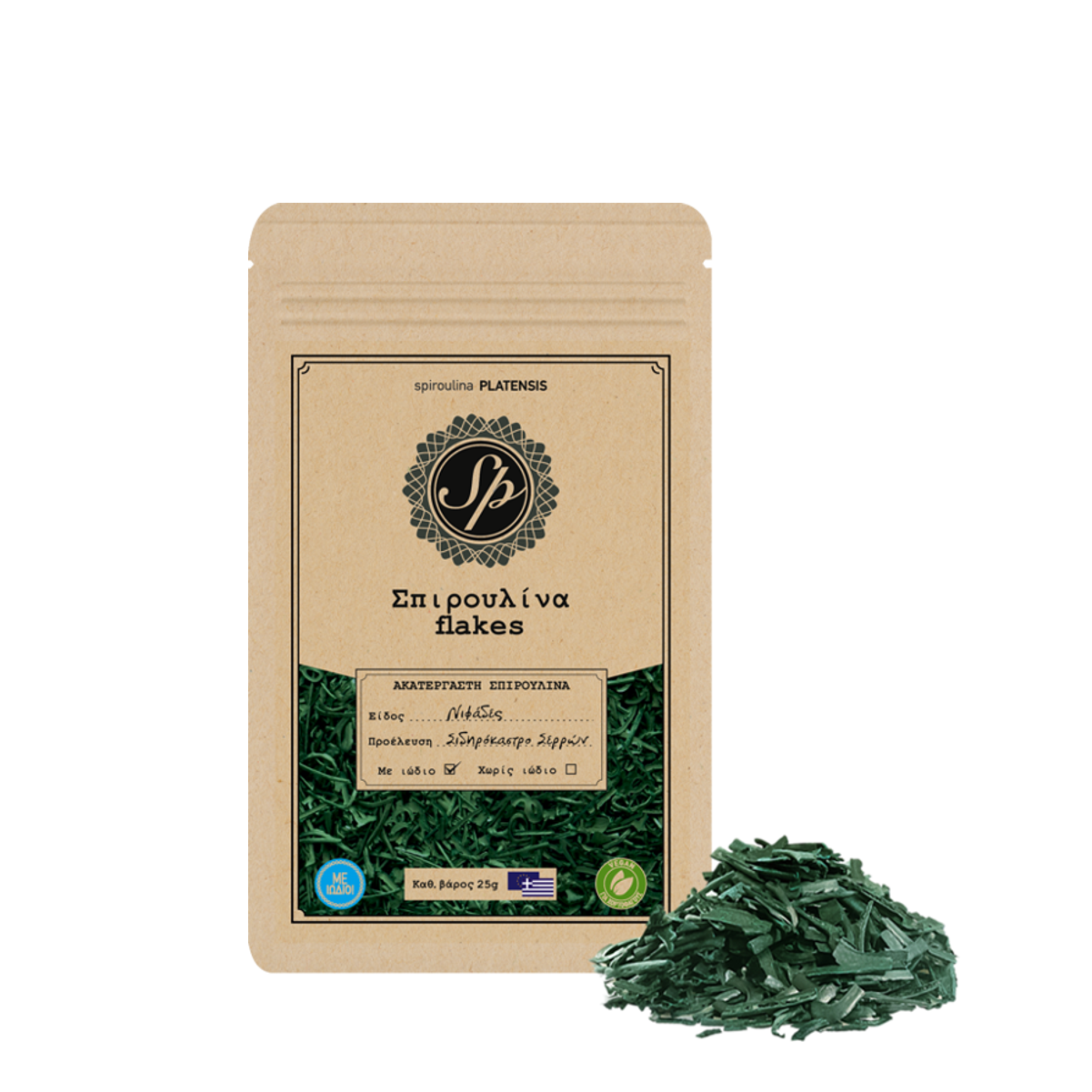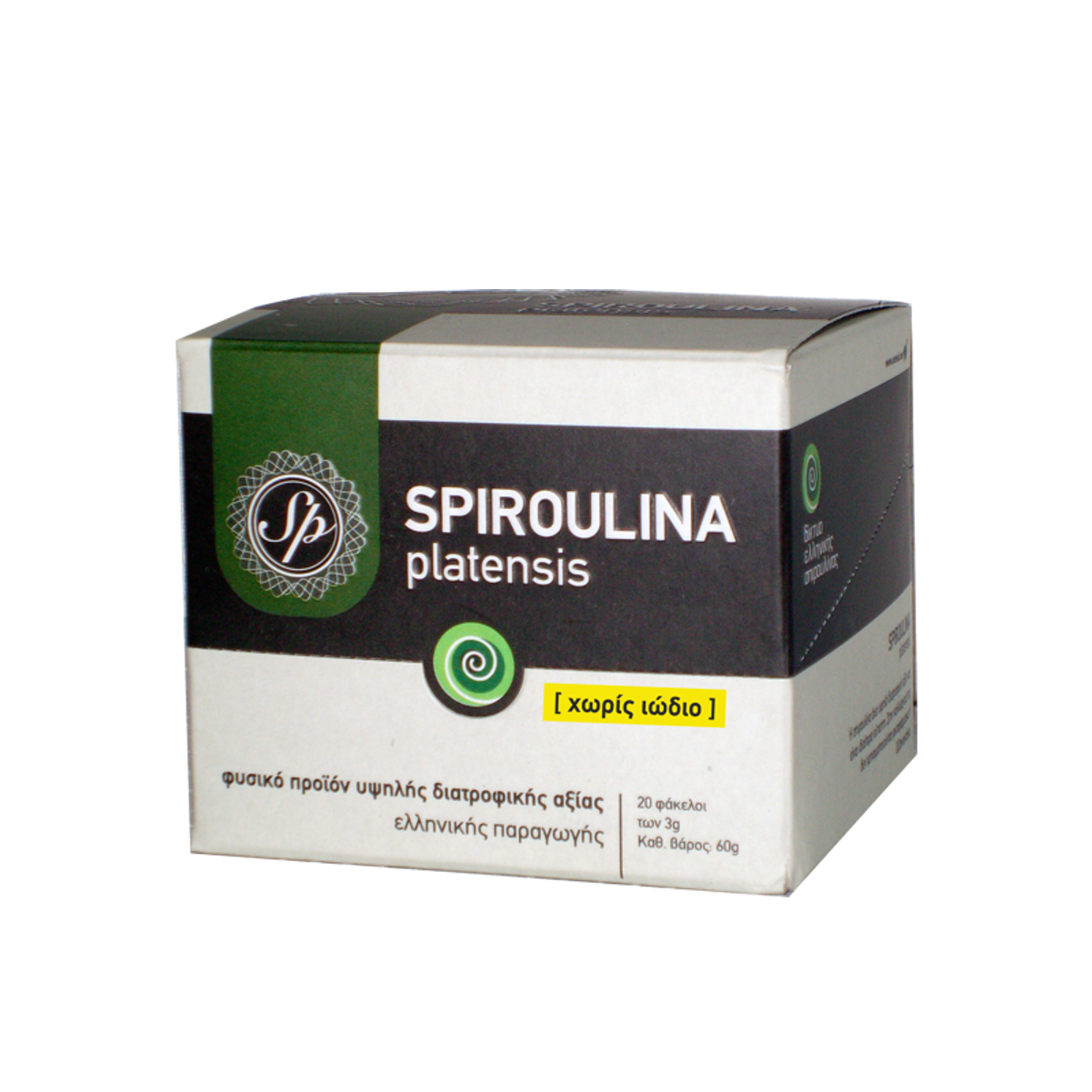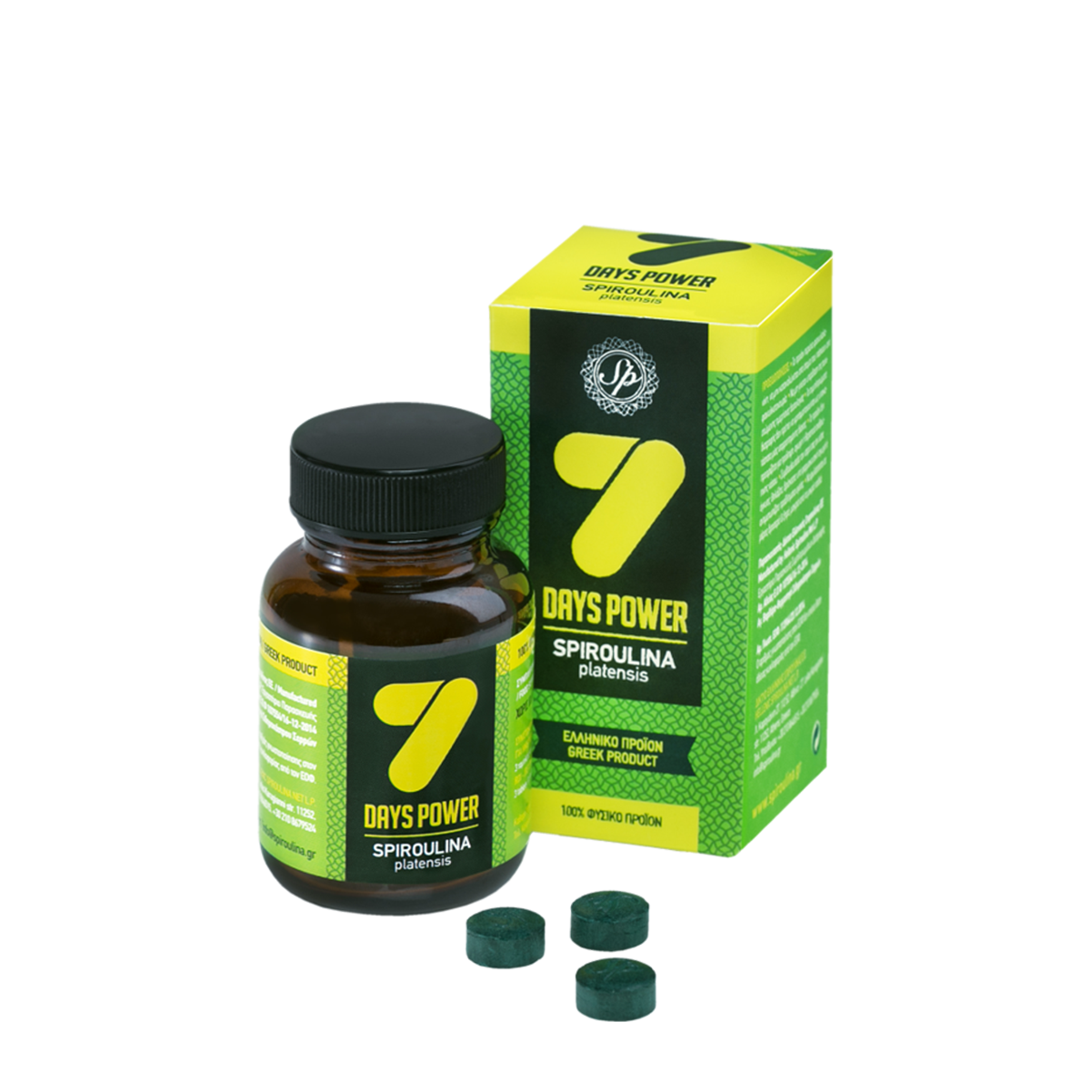Spiroulina PLATENSIS consists of a wide variety of vitamins , among those are the Vitamin Complex B, Vitamin E, β-carotene (Provitamin A)
What are vitamins?
Vitamins are organic unions that act as catalysts or coenzymes in chemical reactions of our organisms. They are necessary, in small quantities for the maintenance of life.
Which vitamins does Spiroulina PLATENSIS contain?
Spiroulina PLATENSIS contains a wide variety of vitamins, the most important among those are the following:
β-carotene (Provitamin A)
- Helps in growth and reproduction, in vision and in the hair’s and skin’s health.
- Is an antioxidant factor.
- Boosts the immune system.
Complex B Vitamins
B1 Thiamine
- Contributes in energy release in the metabolism.
- Contributes in the normal function of the nervous system.
- Helps in the muscle movements of the body.
B2 Riboflavin
- It plays an important role in erythrocytes and antibodies production.
- Enriches better vision and helps in hair, nails and skin growth.
B3 Niacin
- Contributes in the normal functioning of the nervous and digestive system as well as in carbohydrate’s metabolism.
B5 Pantothenic Acid
- Represses and delays tiredness.
- Reduces the toxic substances of antibiotic use.
- Lowers cholesterol levels.
B6 Pyridoxine
- It is essential for protein synthesis as well as in neuronal trafficking for normal brain function.
B7 Biotin
- Relieves from muscle pain.
- Strengthens hair root and delays the appearance of grey hair.
- Acts beneficial against skin diseases.
- Boosts the immune system.
B8 Inositol
- It is necessary for hair growth.
- Has calming substances.
- Contributes in prevention of arteriosclerosis.
- Helps in removal of fatty acids from the liver.
B9 Folic Acid
- It is essential for normal function of nervous system.
- It is an importance substance for the normal foetus growth and prevention against heart disorders.
- Affects protein metabolism.
B12 Cobalamin
- Increases energy levels in the organism.
- Helps in normal function of the immune and nervous system.
- Helps in memory and concentration.
Vitamin E
- Is a strong antioxidant factor which protects cells from free radicals.
- Is a strong antithrombotic factor, protecting the organism from strokes and heart attacks.
- Contributes in the effective transport of oxygen in the tissues through blood.
![]() Vitamins are administered in the organism daily through food and it should be mentioned that they are synthesized inside the organism!
Vitamins are administered in the organism daily through food and it should be mentioned that they are synthesized inside the organism!
![]() Vitamins are not stored in the organism and their absence appear immediately. They cannot be synthesised by the organism and they cannot provide energy but contribute in its normal function.
Vitamins are not stored in the organism and their absence appear immediately. They cannot be synthesised by the organism and they cannot provide energy but contribute in its normal function.
In the following table the vitamins that Spirulina contains are displayed:
| Per 100g | Per 3g | Recommended daily intake (per adult) | |
| Provitamin A
(carotene) (μg) |
10026,6 | 300.8 (*37.6%**) | 800μg for Vitamin A |
| Vitamin B1
(Thiamine HCl) (mg) |
5.3 | 0.16 (14.5%*) | 1mg |
| Vitamin B2
(Riboflavin) (mg) |
2.44 | 0.07 (5%*) | Men 1,3mg
Women 1,1mg |
| Vitamin B3
(Niacin) (mg) |
10.8 | 0.32 (2%*) | Men 16mg
Women 14mg |
| Vitamin B5
(Pantothenic Acid) (mg) |
1.07 | 0.03 (0.5%*) | 10mg |
| Vitamin B6
(Pyridoxine) (μg) |
549 | 16.47 (1%*) | 2mg |
| Vitamin B8
Biotin (μg) |
44 | 1.32 (2.5%*) | 150-300mg |
| Vitamin B9
Folic Acid (μg) |
827 | 24.81 (12.5%*) | 200μg |
| Vitamin B12
(Cyanocobalamin) (μg) |
182 | 5.46 (218%*) | 2μg |
| Vitamin E (mg) | 7.78 | 0.23 (2%*) | 15mg |
| Inositol(mg) | 8.24 | 0.25 | 1g |
* Recommended daily intake
** Taking into consideration that 6 μg of Provitamin A are being converted daily into 1μg of vitamin A.
In the following diagram you can see the vitamin B12 content in spirulina in contrast with other food: 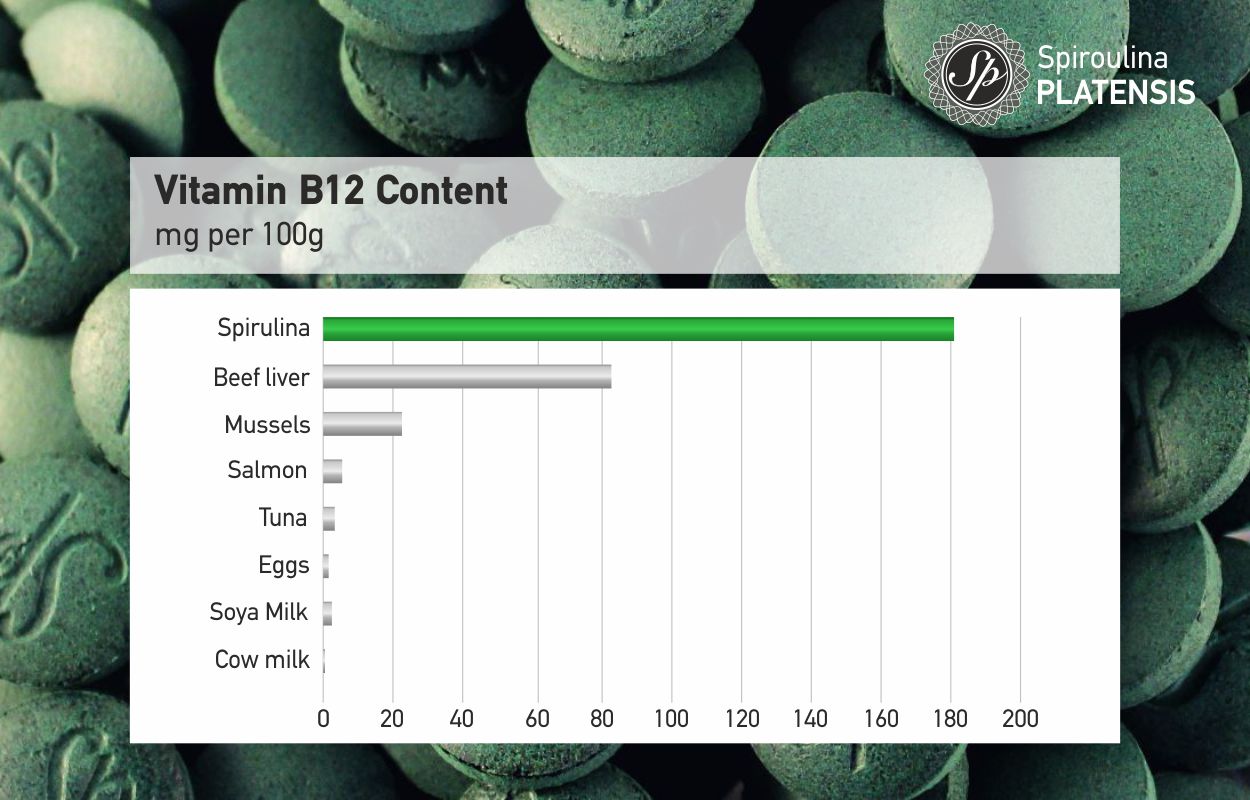
 FREE SHIPPING COSTS
FREE SHIPPING COSTS


